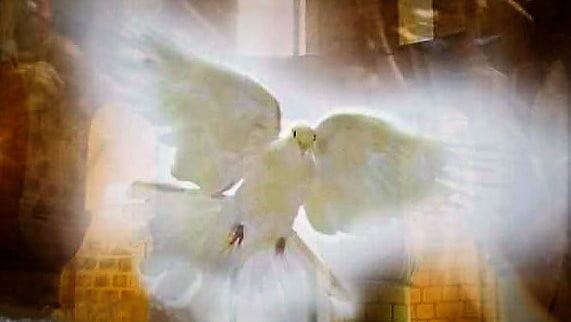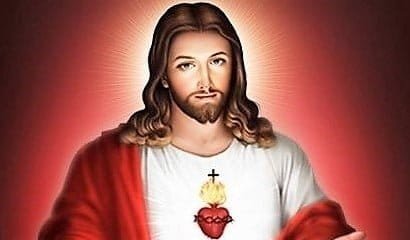DAILY GOSPEL COMMENTARY:
THE SIGN OF JONAH (Lk 11:29-32).

- Nineveh was a city in Mesopotamia (now the modern Iraq) to which the prophet Jonah was sent to preach conversion and penance.
- The Ninevites obeyed the prophet (Jonah 3:6-9) because they acknowledged him as such and accepted his message.
- This is in contrast with Jerusalem which does not wish to recognize Jesus, of whom Jonah was merely a figure.
- The queen of the South refers to the queen of Sheba in southwestern Arabia, who visited Solomon (1 Kings 10:1-10) and was amazed with the wisdom which God had given Solomon, the King of Israel.
- Jesus is also prefigured in Solomon, whom Jewish tradition considered as the epitome of the wise man.
- Jesus’ reproach is seen clearly by the example of pagan converts, and gives us a glimpse of the universal scope of Christianity, which will take root and spread among the Gentiles.
- This generation will not be given another sign than Jonah’s. The sign of Jonah refers to the 3 days in which he was inside the whale’s body which prefigures the duration of Jesus’ stay in “hell” after which He resurrected on the 3rd day. As the Commentary of the Navarre Bible to Mt 12:39-40 states:
- Jesus’ glorious Resurrection is the “sign” par excellence, the decisive proof of the divine character of his person, of his mission and of his teaching.
- When St Paul (1 Cor 15:3-4) confesses that Jesus Christ “was raised on the third day in accordance with the scriptures” (words which later found their way into the Nicene-Constantinopolitan Creed, the Creed used in the Mass), he must have had this passage particularly in mind. We can see another allusion to Jonah in the words our Lord spoke shortly before his Ascension: “Thus it is written, that the Christ should suffer and on the third day rise from the dead” (Lk 24:45-46).
- We are all invited to penance and conversion. Saint Augustine comments:
- Jonah proclaimed, not the mercy, but the wrath to come. He didn’t say, you see, “Three days, and Nineveh shall be overthrown; but if you repent within these three days, God will spare you.” He didn’t say that. He only threatened the city’s overthrow, and foretold that alone. And yet they didn’t despair of God’s mercy, they turned to repenting, and God did spare them. But what are we to say? That the prophet lied? If you understand it merely literally, he does seem to have said something untrue; if you understand it in a spiritual way, what the prophet said did happen. Yes, Nineveh was overthrown. Consider what Nineveh was, and see how it was overthrown.
- What was Nineveh? They were eating and drinking, buying, selling, planting, building, spending time on perjuring themselves, lying, getting drunk, committing crimes, being corrupt. That’s what Nineveh was. Look at Nineveh now: they are mourning, grieving, afflicting themselves in sackcloth and ashes, fast ing and prayer. Where is that other Nineveh? It has been overthrown of course, because it is no longer constituted by those previous activities. (Sermon 361, 20).
- There is a certain irony in what Jesus says about “something greater” than Jonah or Solomon: really, he is infinitely greater, but Jesus prefers to tone down the difference between himself and any figure, no matter how important, in the Old Testament.
A blessed day ahead, Fr. Rolly Arjonillo
VIDEO COMMENTARY
TOPIC: IS IT WRONG TO ASK FOR SIGNS AND MIRACLES FROM GOD?
In today’s gospel reading, big crowds have gathered to witness Jesus’ miracles. Yet they still could not believe that He was the Messiah. They were looking for someone who wielded power, garbed in kingly robes and was followed by thunder and lightning as he descended from heaven. The Jewish leaders were clearly prejudiced against a carpenter from Nazareth, a wandering preacher with a band of commoners as assistants. Jesus refused to give them more signs and miracles.Is it then wrong to seek signs and miracles?
Stay updated: subscribe by email for free TO OUR NEW WEBSITE www.catholicsstrivingforholiness.org (PUT YOUR EMAIL IN THE SUBSCRIBE WIDGET).
We are also in www.fb.com/Catholicsstrivingforholiness. Kindly help more people in their Christian life by liking our page and inviting your family, friends and relatives to do so as well. Thanks in advance and God bless you and your loved ones! Fr. Rolly Arjonillo


